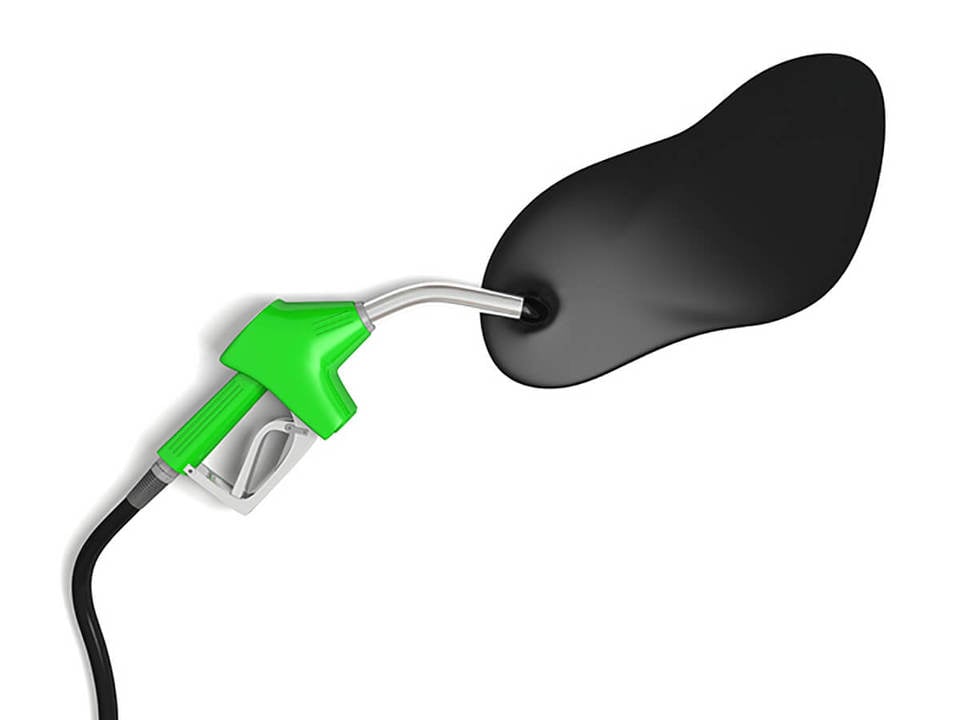The crippling cost of fuel is taking its toll on businesses and households up and down the country.
And, with the Government taking more than 60% in duty – 80pence – for every litre of diesel sold, frustration is turning to anger.
Rising pump prices have already added more than £100,000 to the cost of running a 500-car fleet since January last year, according to TMC, and costs are rising further.
Diesel has now hit £6 a gallon even before the planned April fuel duty rise of one-penny above inflation is taken into account.
“If the Chancellor is still in two minds over any decision to announce a freeze on fuel duty on March 23, surely this decision has now been taken out of his hands,” said Kate Gibbs, from the Road Haulage Association. “There must be a freeze and a long term solution must be found.”
Cancelling the one-penny increase would cost the Government about £500 million, according to the Institute for Fiscal Studies (IFS).
But it now looks the most likely course of action after both the Prime Minister and the Chancellor promised to do something to ease the burden.
However, David Cameron has also been quick to suggest the merits of a fair fuel stabiliser, which reduces the tax take when oil prices increase and as global prices drop, the tax take increases.
It was something the Conservative Party talked about before the last election and put out a consultation on in July 2008, but in the end the idea was dropped.
The reason why is perhaps revealed in figures from the Office for Budget Responsibility (OBR), which have been highlighted by the IFS.
More follows on page two...





















FleetEnergyWatcher - 18/03/2011 13:18
I would add to Mike Waters' comments in the story that oil prices reflect the markets' *perception* of spare capacity. Since all the spare capacity is in Saudi Arabia, which is notoriously opaque about its reserves and output, the outcome is wrenching up and down movements in the price, as we saw in 2008 and are seeing now. Oil is essential for economic growth but world production has barely increased since 2005, with all the growth coming either from expensive sources such as tar sand, or from natural gas liquids, which have a lower energy content than oil. What does this mean? It means that the OECD growth model, based on relatively cheap oil, won't work for much longer. Marginal users (e.g. low-income motorists) are being squeezed off the road as fixed fuel budgets buy fewer miles. Similarly, inefficient car fleets (say, those that buy fuel from their drivers and expect HMRC to tell them what to pay) will increasingly find themselves at a competitive disadvantage against fleets that use fuel cards, closely monitor mileage claims and operate proactive strategies designed to reduce the amount of fuel they use, whether through lower vehicle CO2 or reducing total mileage. If that sounds draconian, bear in mind that, relative to average pay, today's average price for diesel is 40% above the average for the past two decades.